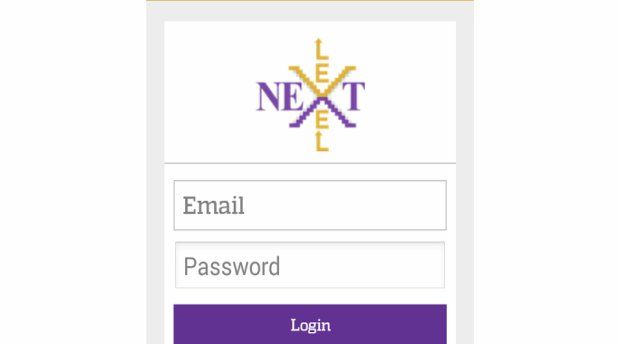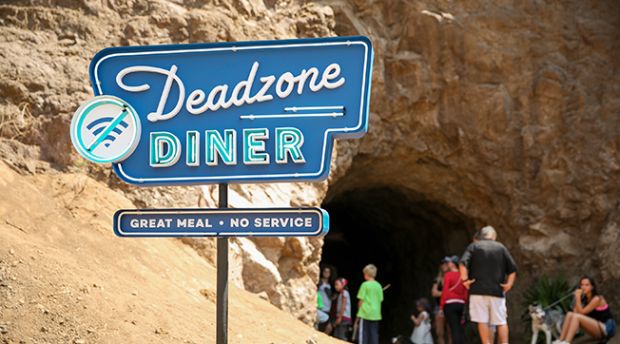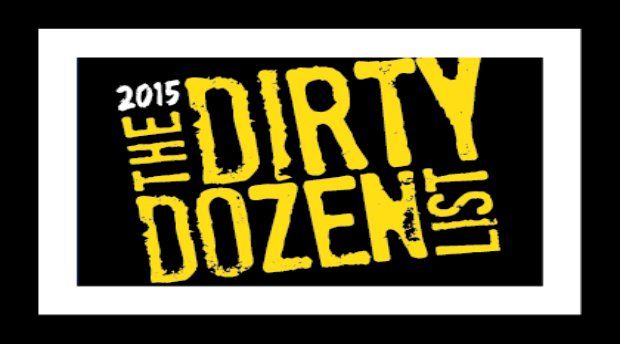Child Advocates Chagrined As Facebook Unlocks Doors To Under-Thirteen’s
Post Views 2
This move has raised privacy concerns and the need for Facebook to tread cautiously in this vulnerable direction. The very young are a powerless and susceptible section of society and any decision to expose them to an alien world could have disastrous consequences.
Among the protective mechanisms that are on trial include linking children’s accounts to their parents’ and controls that would allow parents to monitor their children’s time on Facebook. It will let them decided who the kids can befriend and which applications they can use.
This in turn would be a potential source of revenue for Facebook and its partners who could charge the parents for the accessed fun and games. Facebook assumes that the under-thirteen’s will increase the demand for games and similar applications.
It has been common knowledge that many kids are already on Facebook, official estimates put the number at 7.5 million. The children have hacked onto the site by falsifying their ages and in some cases their names. Of the 7.5 million, 5 million were assumed to be under ten. Facebook’s new move would just be providing a legitimate entry to them.
However, child advocates are anxious to know if the pages that the children visit will show ads and if data-collection practices will include a “wipe-out” mechanism that would obliterate a youngster’s Facebook activities when he crosses thirteen and open a fresh new Facebook phase in his life.
Even though the fact that young kids are using Facebook is as hush-hush as gambling at a casino and an official entry should not be seem as anything unusual or out of the ordinary. But it has raised fears of cyber-bullying and the impropriety of using children data to further Facebook’s advertising business.
The move has already provoked reactions from regulatory powers, with U.S. Reps Ed Markey and Joe Barton, co-chairmen of the Bipartisan Congressional Privacy Caucus, who writing to Facebook CEO Mark Zuckerberg said, “While Facebook provides important communication and entertainment opportunities, we strongly believe that children and their personal information should not be viewed as a source of revenue.”
Sourced evidence implies that millions of parents are more than open to the idea of their children getting access to Facebook. Most of them anyway know that they are already there. A Microsoft Research backed study had revealed that 36 percent of the parents surveyed knew that their children were on Facebook before they had turned thirteen.
Linda Goldstein, chair of the advertising, marketing and media division at law firm Manatt, Phelps & Phillips feels that giving legal access to children, will invite serious regulatory bother to Facebook, as the existing system allows for the company to maintain that the site is not intended for children under 13.
“I think they’re going to be buying a lot of additional regulatory headaches,” Ms. Goldstein said. “The value of the data and the ability to eventually capture this data at such an early age is interesting, but they’re going to have to weigh that against consumer perceptions.”
For their program to show signs of progressing, Facebook must first meet with the terms and conditions of the Children’s Online Privacy Protection Act that mandates that sites collecting data from children under 13 must obtain parental consent.
Moreover they have to create a unique identifier name, akin to a credit card number, from parents to gratify the Federal Trade Commission, which enforces COPPA. Facebook could also open themselves to scrutiny through the blurring of advertising and entertainment that happens in social games, which the new kids may be keen to play.
“I would expect that Facebook would endeavor to go above and beyond the requirements of COPPA and the regulators would likely expect them to do the same,” Ms. Goldstein said.
Maryland Attorney General Douglas Gansler is urging Facebook to find methods that will shield children under 13. “We would like to see Facebook create a safe space for kids to [use the site], a sanctuary, with the extra protections needed to ensure a safe, healthy, and age appropriate environment,” he said.
However, there are other child advocates who are vehemently opposed to this and say that instead opening their doors for the under-thirteen’s they should explain to the parents and children that the site isn’t suitable for use by children under 13.
“We don’t have the proper science and social research to evaluate the potential pros and cons that social-media platforms are doing to teenagers,” said James Steyer, chief executive of Common Sense Media, a child-advocacy group based in San Francisco. “The idea that you would go after this segment of the audience when there are concerns about the current audience is mind boggling.”
Although Facebook had no specific comment pertaining to it’s testing of these features, it issued a statement: “Many recent reports have highlighted just how difficult it is to enforce age restrictions on the internet, especially when parents want their children to access online content and services. We are in continuous dialogue with stakeholders, regulators and other policymakers about how best to help parents keep their kids safe in an evolving online environment.”
Facebook has installed safeguards for its youth between 13 and 17 that prevent them from posting publicly and only permitting friends and friends of friends to tag them in photos.
Child Advocates Chagrined As Facebook Unlocks Doors To Under-Thirteen’s by Harrison Barnes



 Fast Food Companies Look to Their Consumers for Advertising
Fast Food Companies Look to Their Consumers for Advertising  Advertisers Turn to Outlets Other Than Traditional Television
Advertisers Turn to Outlets Other Than Traditional Television  Project Gravitas Prepares for Black Friday with ‘Message in a PG Box’
Project Gravitas Prepares for Black Friday with ‘Message in a PG Box’  Next Level Text Allows Anyone to Fundraise
Next Level Text Allows Anyone to Fundraise  “Deadzone Diners” Takes a Different Approach to Cellphone Usage
“Deadzone Diners” Takes a Different Approach to Cellphone Usage  12 Companies That Profit Off Sexual Exploitation
12 Companies That Profit Off Sexual Exploitation  What Really Happens When We Receive Personalized Ads
What Really Happens When We Receive Personalized Ads